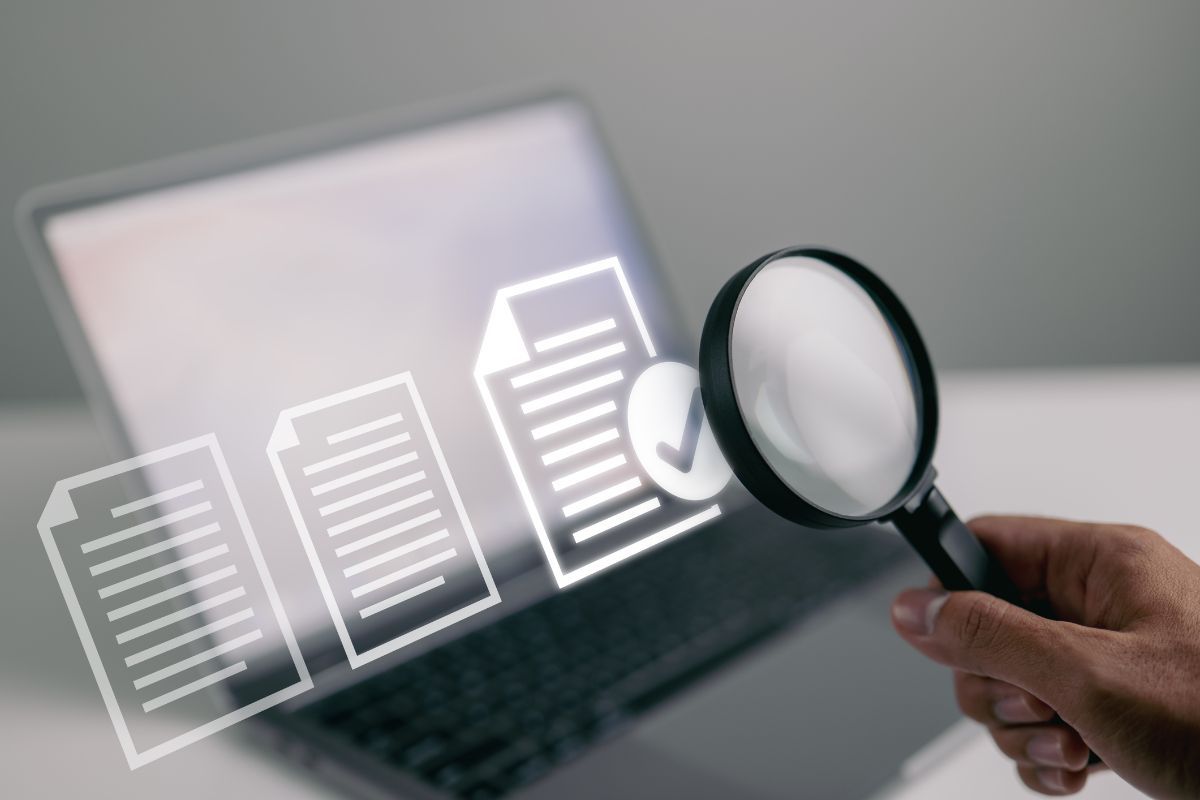Discovery is a crucial part of any litigation. The discovery process requires you to exchange critical information about your position and the evidence in support of that position with the other parties to the case. Complying with other parties’ discovery requests and reviewing the other parties’ responses to your requests can be a long and arduous process that requires skill and experience in the commercial litigation arena. However, accurate and complete discovery is necessary to ensure you are fully prepared for trial if you cannot settle your case.
We have a long history of handling commercial litigation cases and representing the interests of business owners in various industries. An Arizona commercial litigation attorney at Provident Law® can advise you of your legal rights and guide you through the often lengthy and complex litigation process. Together, we can explore the legal options available to you, determine the best strategy for addressing your business dispute, and work to minimize disruptions to your company.
Outlining the Discovery Process
The discovery process is designed to ensure that there are no surprises if a case goes to trial. During discovery, each party discloses their evidence to the other parties so that all parties know what to expect and can prepare their cases accordingly. Contrary to what you may see on television, modern litigation does not involve the element of surprise at trial as a means of ambushing your opponent. Following the discovery process, as outlined in the Arizona Rules of Civil Procedure, the attorneys use different discovery tools to “discover” information about the other parties’ witness testimony, documentary evidence, and electronic evidence to be used at trial. Rule 26.2 limits the amount of discovery that parties may perform based on the characteristics of the case.
Production of Documents and Electronically Stored Information
Rule 34 governs the production of documents and electronically stored information, a common discovery method used in commercial litigation. Generally, a party may request another party – or a nonparty per Rule 45 – to produce designated documents, electronically stored information, or tangible things within their possession and control for inspection, copying, testing, or sampling. The request must describe the items with reasonable particularity, specify a reasonable time, place, and manner for the inspection, and may specify the form in which electronically stored information is to be produced.
Interrogatories
Interrogatories are another type of commonly used discovery technique governed by Rule 33. A party may serve interrogatories, or written questions, to another party to answer concerning the case, subject to the appropriate numerical limits in Rule 26.2. That party generally must respond within 30 days with answers under oath or objections.
Depositions
Another common type of discovery is the deposition, which can occur via oral examination (Rule 30) or, less commonly, written questions (Rule 31). A party can depose any other party to a case, any expert witness, and any custodian of documents. No other persons may be deposed unless all parties agree or the court orders otherwise for good cause. Unless all parties agree or the court orders otherwise, a certified court reporter must record testimony in a deposition, which may also be recorded by audio or audiovisual means.
Testimony in a deposition occurs much as it would at trial, with the attorneys for each party performing an examination and cross-examination. The person being deposed answers all questions under oath. All objections to questions must be recorded, and the person must answer the question, with their testimony subject to the objection, except in specified circumstances.
Contact Us for Assistance with Your Commercial Law Issue Today
The commercial litigation attorneys at Provident Law® have over 200 years of combined legal experience representing clients in commercial litigation, and we are experienced in efficiently and economically resolving commercial disputes. We aim to build a long-term relationship with you as we work together to proactively address and solve your most complex legal problems in commercial litigation, business law, and more. Contact a commercial litigation attorney today by calling (480) 388-3343 or reach out to us online to set up a time to see what we can do for you.


